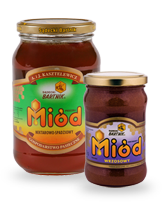|
Beehive of the Millennium Beekeeping Museum |
41st “Apimondia” Montpellier 2009
There were 500 scientists from 70 different countries, who debated for 5 days in in the Congress centre Le Corum. They were accompanied by 200 exhibitors from every continent and 10 thousand participants from as many as a hundred countries. All of them were entitled to visit Apiexpo and take part in 260 lectures and view almost 370 posters.
The most crucial topic of the debates was the problem of Colony Collapase Disorder (CCD). As it could be observed, bees appear to be highly prone to the chemicals of modern times, neurotoxic pesticides in particular. The threat of the extinction of bees seems to be especially serious since as much as 80% of plant pollination depends on them. Without doubt, the need for immediate and effective solution to this problem is the imperative for both scientists and governments around the world.
Apparently, not only the commission for bee diseases became concerned. The beekeepers also admitted that the selection of honey bee should also depend on its resistance to diseases, and not be limited to its efficiency and colour.
Another aspect of the debates related to the issue of technology and economy when it comes to the apiary productivity, bees biology, apithepy and the quality of bee products. It was agreed on that we still do not know everything about bees and as a result it is easy to harm them. That is why, it is so vital to continue observing their lives and susceptibility. It was also pointed out that beekeepers should be aware and take advantage of any technological novelty, including satellite communication, designed to enhance their work.
Although not great in numbers but present were the representatives of Polish science. Four scientists from Pulawy delivered their lectures at Le Corum. On the first day of the Congress, Dr Ewa Was spoke about gas chromatography used to define falsification of bee wax with paraffin. On the last of the Congress, Dr Malgorzata Bienkowska shared her knowledge concerning the influence of the bee queens weight on the process of insemination. Apart from that, Dr Teresa Szczesna presented her research on the water content in bee products according to the method of Karl Fischer. Additionally, Dr Zbigniew Kollotowski, one of the most renowned bee experts, was the special guest of the Congress. Dr Kollotowski was invited to deliver a lecture relating to the influence of pollinating insects on the crop and chemical composition of sunflower grain (Heliantus annuus).
Apiexpo
The Congress of Apimondia was accompanied by Apiexpo, an exhibition extremely popular among the participants of the meeting. All those who attended it agree that this year exhibition was undoubtedly superior to any other in terms of diversity of products and equipment, and the number of exhibitors. Not less than three days were required to ,at least for a short while, visit all the expositions.
The real nuisance were the 17 colourful wood sculptures depicting St. Ambrose and decorating the avenue leading to the congress centre. As high as 3 meters, the sculptures were brought to Montpellier by the owners of "Sadecki Bartnik", Anna and Janusz Kasztelewicz.
The Apiexpo exhibition was an exceptional example of a beekeeping review that allowed the participants to admire and present a wide variety of products, services and information. Poland was represented ba six companies: "Anna”, "Adamek”, "Lankoff”, "Lyson”, "Pszczelarz Kozacki” and "Sadecki Bartnik”. "Sadecki Bartnik" returned home with two golden medals for honey mead "Chrobry" and one bronze medal for honey mead "Macko".
The next Apimondia will take place in two years in Argentina, and in 2013 it will be held in Kiev, Ukraine.
(extract from Jerzy Gnerowicz article,
"Pszczelarz Polski" 10/2009 )
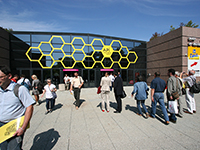 | 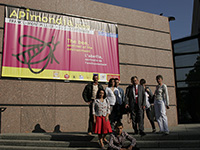 |
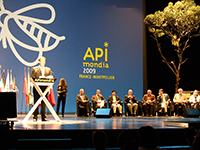 | 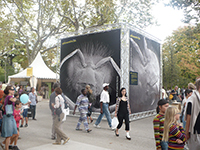 |
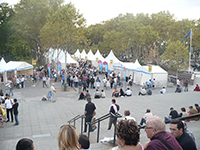 | 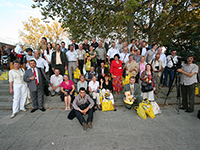 |
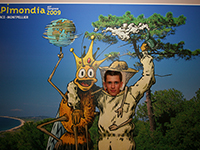 | 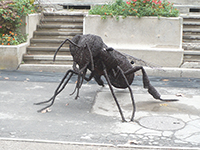 |
 | 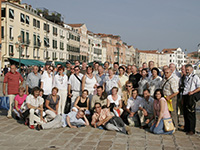 |
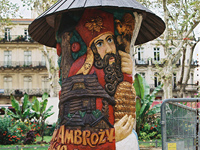 | 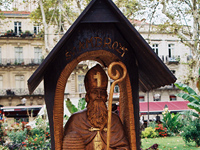 |
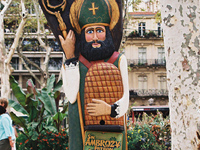 | 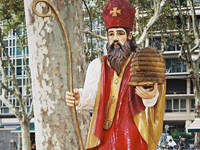 |
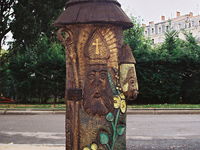 | 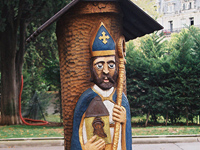 |
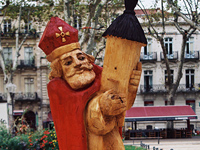 | 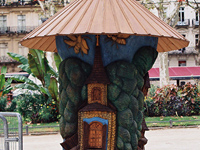 |
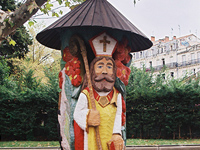 | 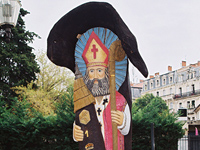 |
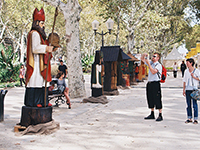 | 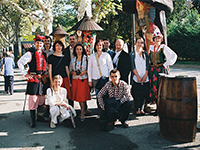 |
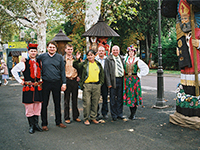 | 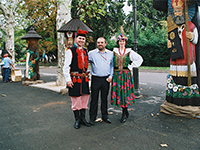 |
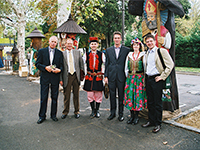 | 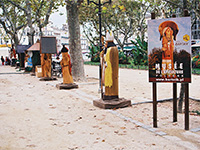 |
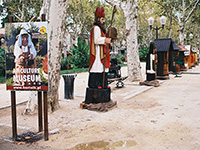 | 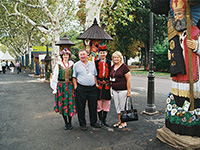 |
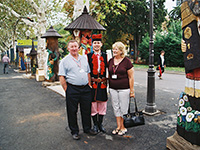 | 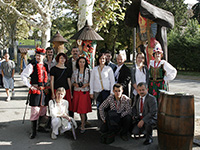 |
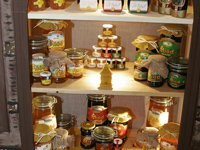 | 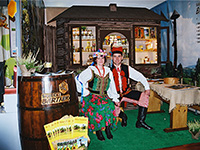 |
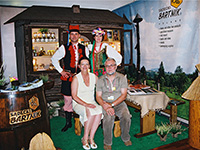 | 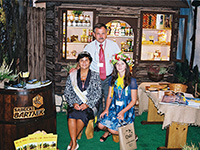 |
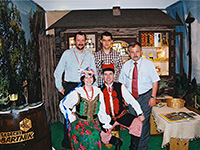 | 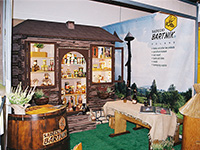 |
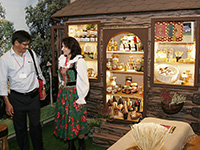 | 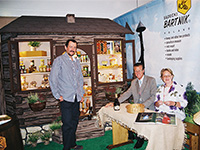 |
 |  |
 |  |
 | 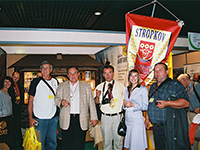 |
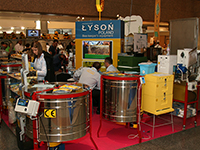 | 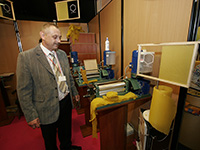 |
 | 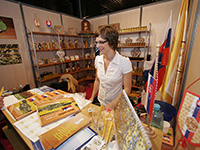 |
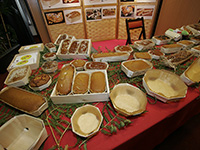 | 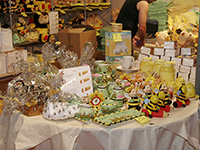 |
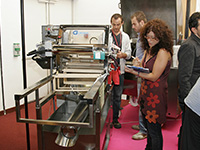 | 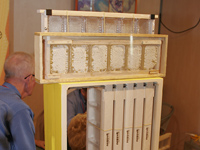 |
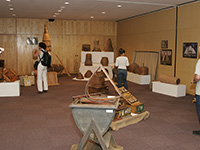 |  |
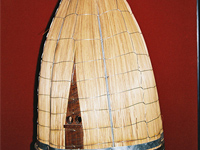 | 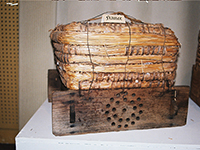 |
 | 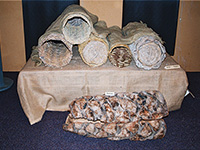 |
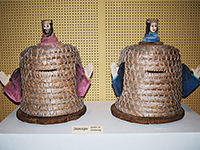 |  |
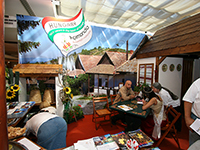 | 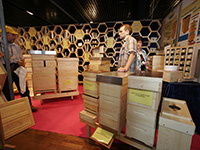 |
 | 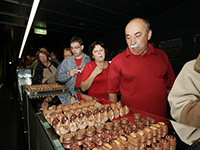 |
 |  |
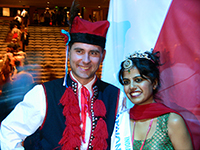 | 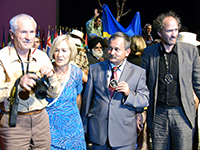 |
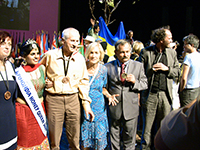 | 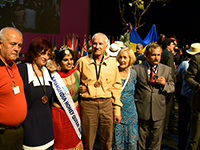 |
 | 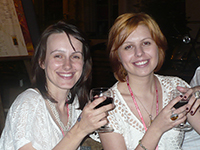 |
 |  |
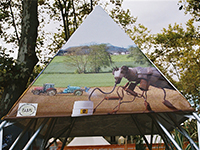 | 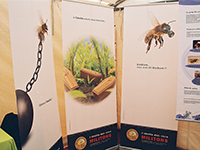 |
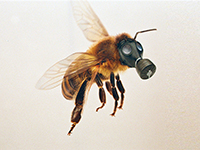 | 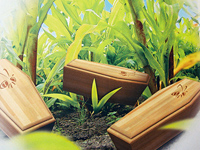 |
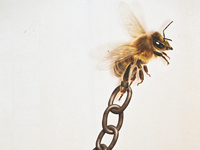 | 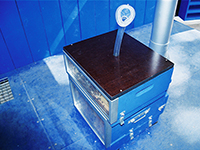 |
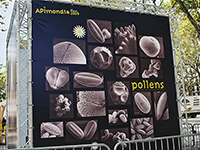 |  |
 | 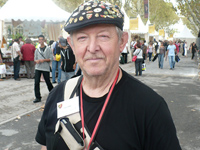 |
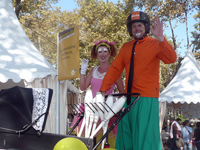 | 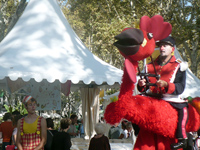 |
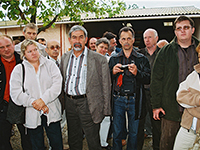 |  |
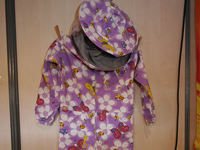 | 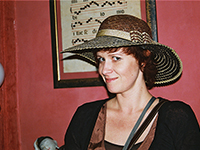 |
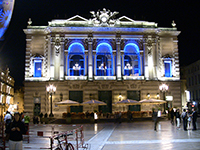 | 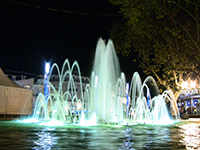 |
 | 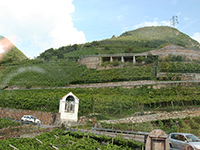 |
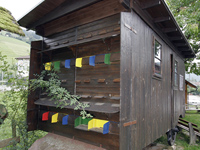 | 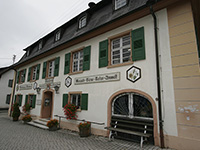 |
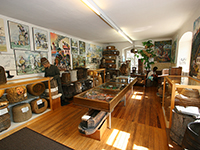 |  |
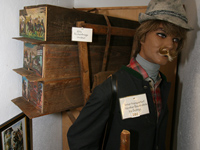 | 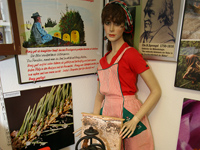 |
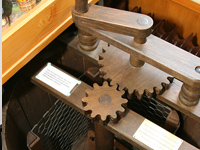 | 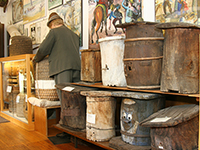 |
 | 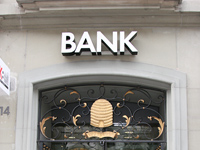 |
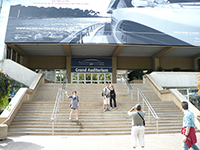 | 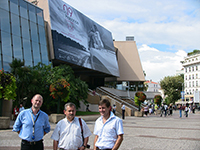 |
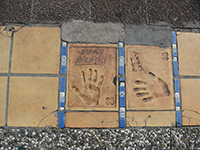 | 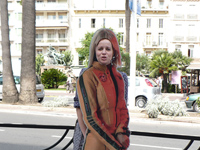 |
 | 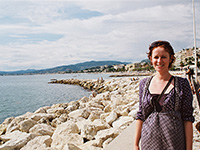 |
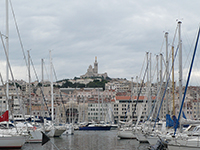 | 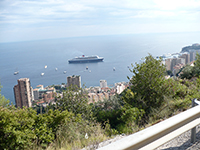 |
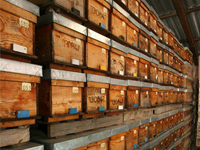 | 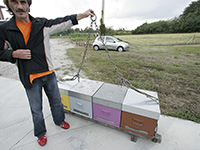 |
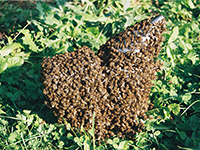 | 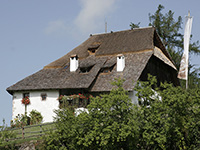 |
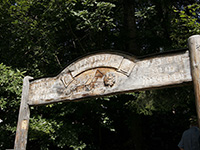 |  |
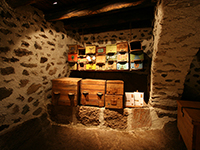 | 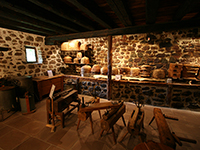 |
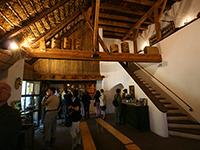 | 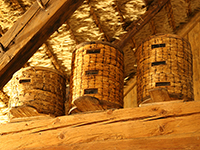 |
 | 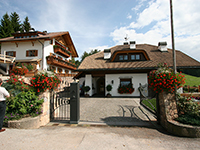 |





